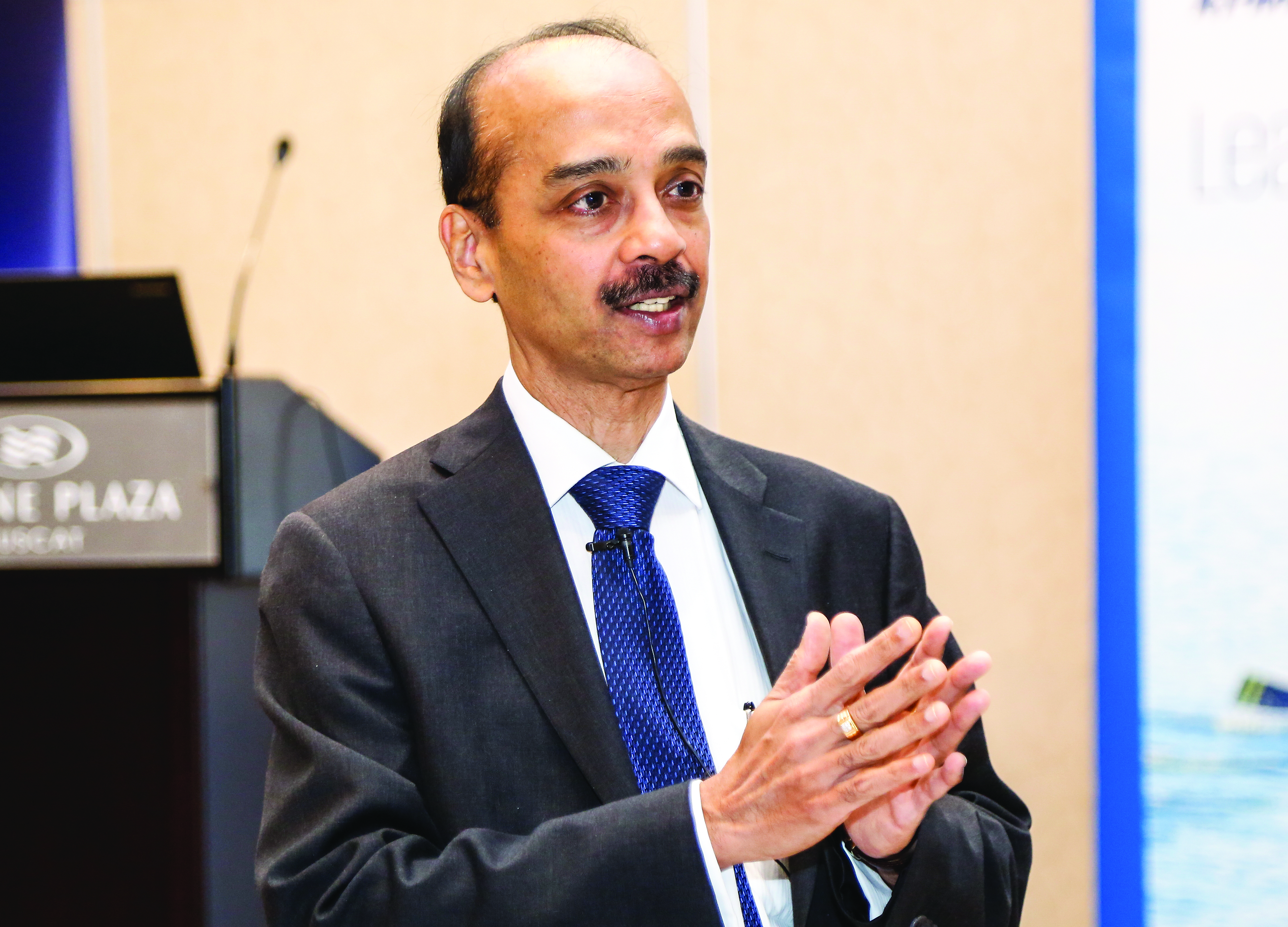
Muscat: Omani government is focusing on the private sector to take forward the development process with additional investments to prop up economic activity, according to a senior official at KPMG.
As part of this initiative, the country is planning to frame a private-public-partnership law. Besides, the national initiative for diversification programme (Tanfeedh) has proposed several projects to be taken up with an active participation of the private sector.
Private-public-partnership
“The government is not going to increase the development expenditure. The growth has to come from the private sector,” said Ashok Hariharan, Partner and Head of Tax for KPMG in the Lower Gulf, while addressing a meeting on state budget recently.
As part of the initiative, the Omani government is also working on a private-public-partnership law which is expected towards the end of June this year. This will help the private sector to have more clarity on investment rules.
“The development expenditure (of the Omani government) was maintained at OMR1.34 billion in 2017, which is equivalent to the 2016 level. The Omani government is projecting a 2 per cent increase in the gross domestic product, compared to an annual average growth of 3 per cent projected in the ninth five year plan,” added Hariharan.
He said three sectors – manufacturing, logistics and tourism – are the focus areas for the Omani government for diversifying the economy.
Several projects
In fact, several projects are waiting for investment from the private sector.
These include the expansion of Salalah port’s handling capacity from 5 million twenty-foot equivalent units (TEUs) to 7.5 million TEUs, a cargo village at the Muscat International Airport, a major integrated dairy farm, a major poultry project, aquaculture projects, an integrated fish processing zone and waterfront development at the Muscat Port.
Some of these projects are in planning stage, while others have reached the implementation phase with investment from the private sector.
The Tanfeedh initiative envisages creation of 30,000 jobs. Every year, 44,000 graduates come out of universities seeking jobs in the domestic market.
The railway project has taken a backseat over the last few years since the GCC governments were not pursuing it in an aggressive manner. The Omani government is now thinking of connecting mineral rich areas with the Duqm port, developing it through a private-public-partnership model. The project may take three to four years and will be ready sometime in 2020.